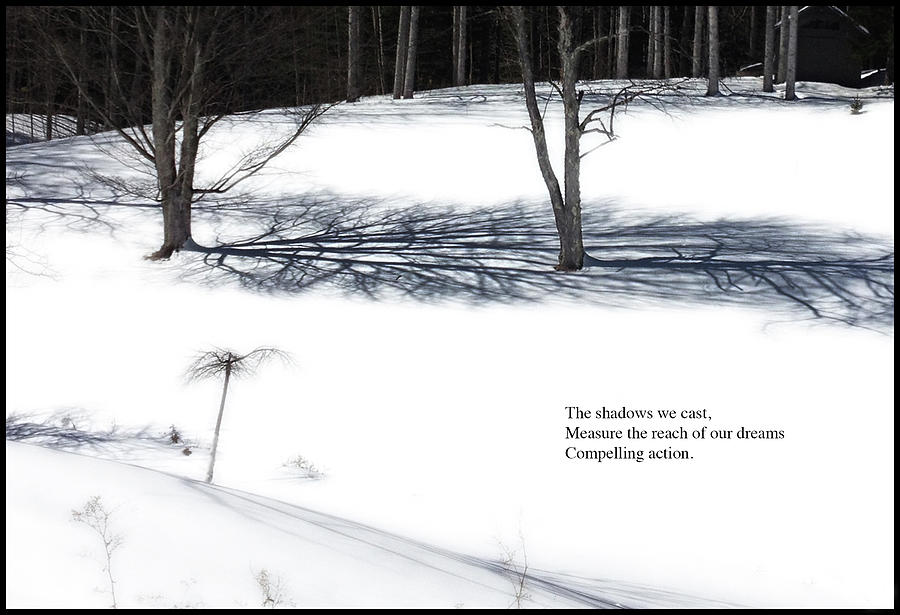 |
| Bayard Rustin - Library of Congress, Warren K. Leffler |
What We Can All Learn from Bayard Rustin a Conversation with Richard D. Kahlenberg
If you have not yet seen the Netflix biopic "Rustin" a project of Barach and Michelle Obama, it is a movie well worth your time. The movie unveils the extraordinary genius and timeless persistence of Bayard Rustin who in a very short 2 month window of time pulled off the Magnum Opus of citizen action. The March on Washington for Jobs and Freedom.
 |
| Richard Kahlenberg |
The climax of the movie is the 1963 March on Washington, an obvious place to end this movie but less than satisfying for its failure to pose the broader and more important historic questions about the direction of change that was to follow the March.
This series of questions are the ones raised in Richard Kahlenberg's critique of the movie. His satisfaction with the pure recognition of Rustin is apparent but so too is his disappointment that the Obama's failed to use this movie as a teachable moment, beyond introducing this extraordinary man to a generation of citizens who have missed an important moment in time and the contributions of a gay, black man, persistent in a time when he was, at best, a second class citizen, even among those in the movement.
Bayard Rustin ( 1912-1987)may just be the most important Civil Rights leader of the past century of whom you have never heard. As the lead organizer of the 1963 March on Washington, he was the genius behind the protest that has set the standard for protests in the country. He was also the man who introduced a young Martin Luther King to the teachings of Ghandi on non-violent resistance that would inspire the remainder of King's life and an entire generation of civil rights advocates.
An African American and openly gay man who has largely been erased from the history surrounding one of the most historic moments of the last two centuries and a movement that has helped to overcome thousands of years of marginalization for people of color.
Ironically, if you take Rustin's writings and interviews in toto you would see that none of the "tribes" into which we seem to have separated ourselves over the past half-century would be considered the defining aspect of Rustin's own personal identity.
Gay Man, Black Man, Socialist, activist, pacifist: these and other silos of identity that too often define us to ourselves and one another would pale in the shadow of the all-encircling title of "human being" and "Citizen".
In fact, the gains that accrued to all citizens from the 1963 march were largely color blind. . . and that is precisely what Rustin wanted. He believed that by recognizing the pain and marginalization of all people we could draw the circle infinitely larger and thus expand on the base of support. Dr. King and other like Representative John Lewis, came to believe in this more expanded circle: seeking justice and equality for all.
It was the great civil rights attorney and later Episcopal priest Pauli Murray who put it this way:
“when others try to exclude me, I draw my circles wider to include them.”
 |
| The Shadows We Cast |
Close
My Thanks to Richard Kahlenberg for not only sharing his time with us today but also for sharing the vision that he so clearly shares with Bayard Rustin for creating what Dr. King called the beloved community. His website is richardkahlenberg.org/
If you are among the many people who find the current state of affairs in our country discouraging, Kahlenberg, channeling the likes of both Rustin and Pauli Murray, among others offers his own ideas of achieving the same ends by embracing what Jonathan Haidt calls Common identity politics - drawing wider and wider circles to expand our connections and our common humanity - distinguishing it from Common Enemy thinking.
It's not too late for us to learn this lesson.
 |
| Mixed Maples in Langdon Woods Signed Originals. Unsigned Open Edition Prints |
Read his commentary on "Rustin" here
Byard Rustin - On MLK
https://www.commentary.org/articles/bayard-rustin-2/from-protest-to-politics-the-future-of-the-civil-rights-movement/
Bayard Rustin - Wikipedia
https://en.wikipedia.org/wiki/Bayard_Rustin
 |
| Lone Birch in the Snow Signed Originals. Unsigned Open Edition Prints |
Jonathan Haight
There are two kinds of identity politics. One is good. The other, very bad.Why free thought has died on university campuses.
https://bigthink.com/neuropsych/identity-politics-america-college/
Date: August 28, 1963
Location: Washington, D.C.
The King Center at Stanford University
 |
| Lone Pine in a Painted Sky Signed Original. Open edition Prints |
About Richard Kahlenberg
- Affirmative action in higher education He has been called “arguably the nation’s chief proponent of class-based affirmative action in higher education admissions.”
- Diversity in K-12 schools He has been labeled “the intellectual father of the economic integration movement” in K–12 schooling.
- Zoning barriers to housing opportunities His work on how housing policies inhibit educational opportunities made him one of Washingtonian magazine’s top 25 most influential people shaping education policy.
 |
Over Schools, Unions, Race, and Democracy
Making Gay History
Bayard Rustin, the hidden activist of ‘Selma’
|















No comments:
Post a Comment